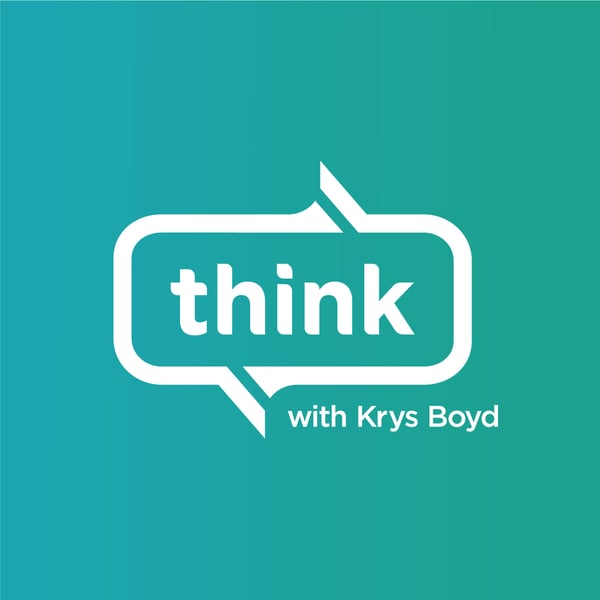Cynicism won’t protect you from getting hurt
KERA's Think
KERA
4.8 • 861 Ratings
🗓️ 6 September 2024
⏱️ 46 minutes
🧾️ Download transcript
Summary
If you’re someone who always thinks the sky is falling, chances are you’re not very happy. Jamil Zaki, professor of psychology at Stanford University and the director of the Stanford Social Neuroscience Lab, joins host Krys Boyd to discuss why cynicism leads to not only a more dismal outlook on life, but deleterious health effects. Plus we’ll hear why a little dose of hope can inject joy into everyday living. Zaki’s book is “Hope for Cynics: The Surprising Science of Human Goodness.”
Transcript
Click on a timestamp to play from that location
| 0:00.0 | If you've been let down multiple times in your life, say by people who were supposed to love you or jobs that didn't work out the way you hoped, or repeated experiences being mistreated based on your identity or your socioeconomic status. |
| 0:22.6 | You might start viewing other people as inherently selfish, unreliable, even corrupt. |
| 0:27.6 | After all, if you never go out on a limb to trust anybody else, |
| 0:31.6 | you can't be surprised when another person makes the cut that plunges you to the ground. |
| 0:36.6 | The trouble is, cynicism doesn't actually protect us from getting hurt. |
| 0:41.5 | It just alienates us from sources of comfort. |
| 0:45.0 | From KERA in Dallas, this is Think. |
| 0:47.8 | I'm Chris Boyd. |
| 0:49.2 | Expecting the worst from everyone in every interaction can feel like a tough and radical worldview, in |
| 0:55.5 | that it inspires us to seek out and call out bad behavior by others. But if we believe |
| 1:00.4 | everybody is terrible and nothing will ever get better, we tend to not even try. Ironically, |
| 1:06.7 | that serves elites who want nothing more than to perpetuate a status quo that works better for them than for the rest of us. |
| 1:13.5 | My guest is a former cynic, now remaking himself into what he calls a skeptical optimist. |
| 1:19.8 | Jamil Zaki is professor of psychology at Stanford University and director of the Stanford Social Neuroscience Lab. |
| 1:26.3 | His book is called Hope for Cynics, the |
| 1:28.7 | surprising science of human goodness. Jamil, welcome back to think. Thanks, Chris. It's great to be |
| 1:34.4 | back. Although this book is all about the downsides of cynicism, you do share here. It's an outlook |
| 1:39.5 | that comes pretty naturally to you as a result in part of an upbringing you describe as chaotic. Would you |
| 1:47.3 | say before you underwent these changes, your first instinct was to not look for the good in people? |
| 1:55.1 | I think that I wanted to look for the good in people, but there was, as you said, an instinct deeper than what I wanted, |
| 2:02.8 | which is what I feared. And as you mentioned, this is an old instinct for me that probably dates |
| 2:08.9 | back to my childhood. I think a lot of people with relatively chaotic home lives feel as though |
... |
Please login to see the full transcript.
Disclaimer: The podcast and artwork embedded on this page are from KERA, and are the property of its owner and not affiliated with or endorsed by Tapesearch.
Generated transcripts are the property of KERA and are distributed freely under the Fair Use doctrine. Transcripts generated by Tapesearch are not guaranteed to be accurate.
Copyright © Tapesearch 2025.

